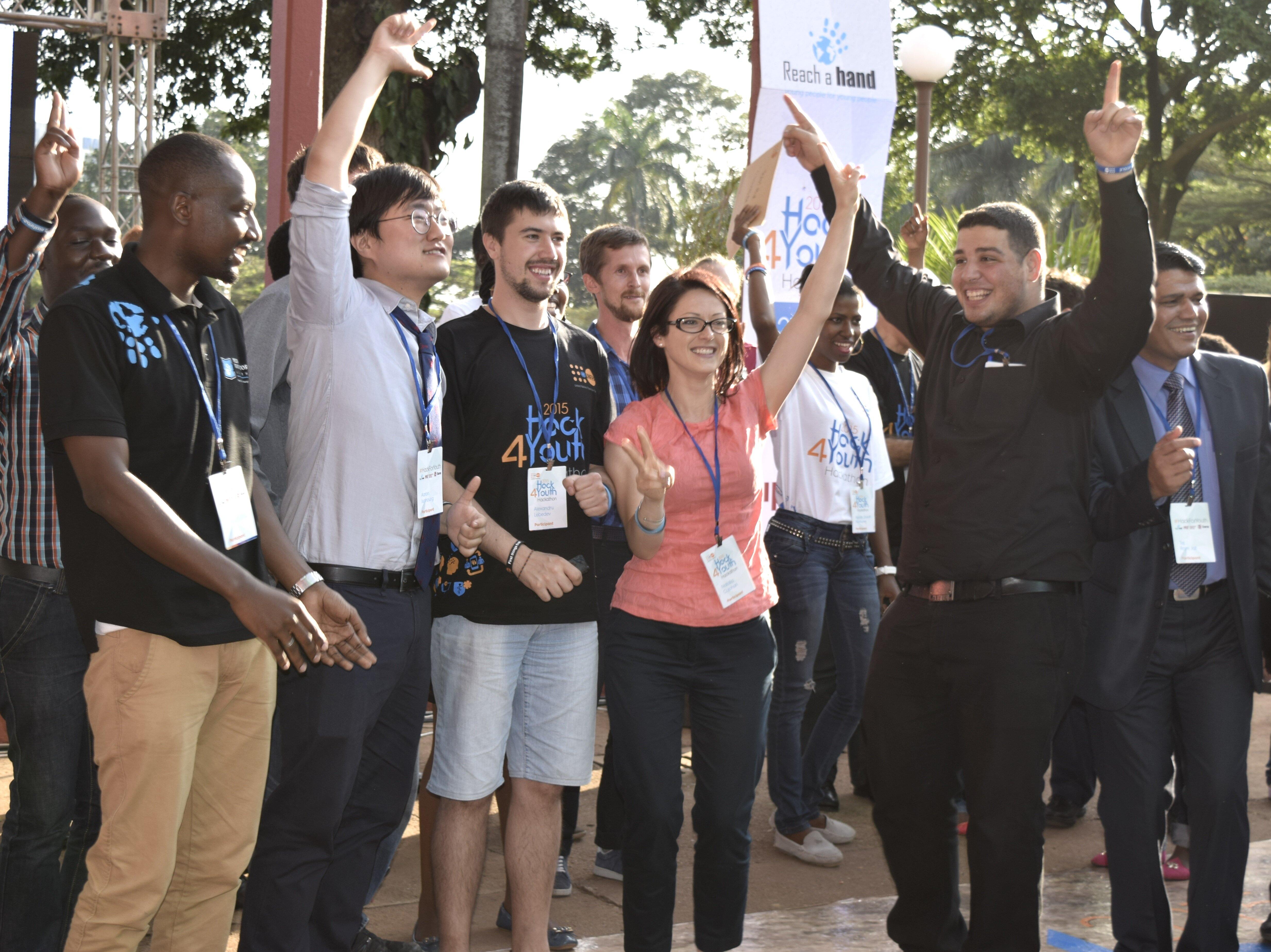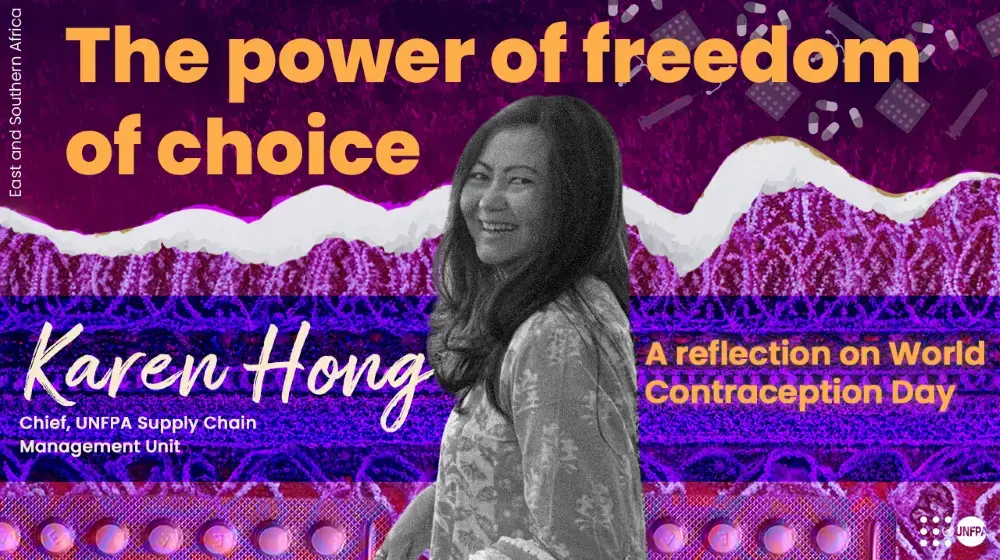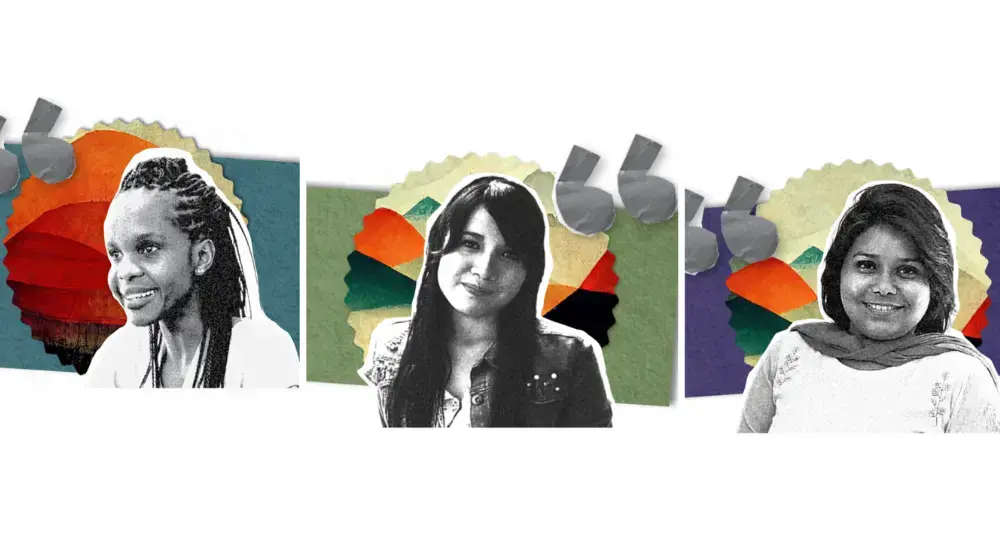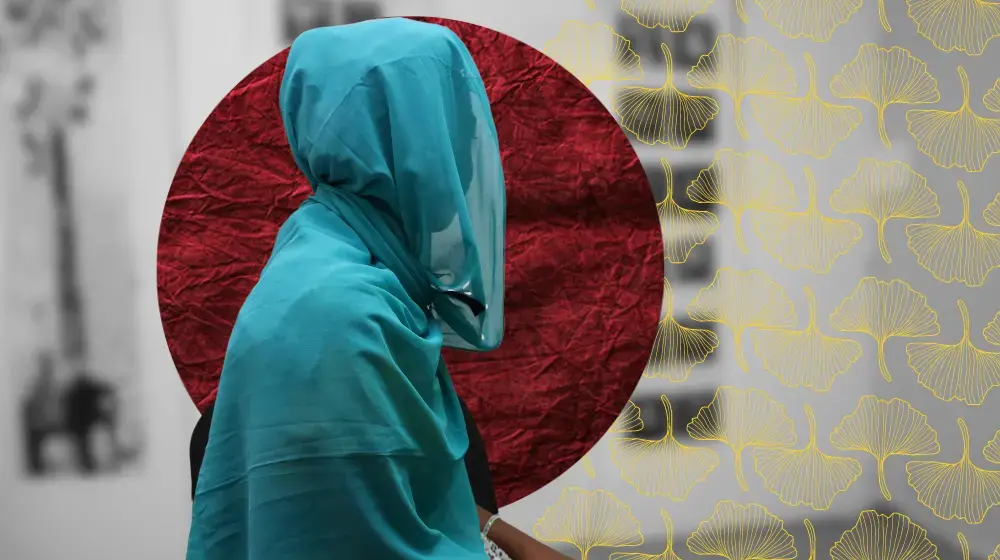KAMPALA, Uganda – The developers worked through the night, furiously typing code into their laptops, racing to complete a working prototype. But this was no Silicon Valley startup. It was a conference room in Kampala, Uganda, filled with young people from around the world, all competing to devise the best, most innovative mobile phone app to promote sexual and reproductive health.
“Having a mobile app will take reproductive health miles ahead," said Hope Sarah Kirabo, one of the young participants.
The hackathon – an event where developers intensively collaborate on technology projects – paired students and youth leaders with technology experts and UN staff for a three-day coding spree starting on 21 July.
- See more at: http://www.unfpa.org/news/uganda-hackathon-youth-code-their-way-better-…
KAMPALA, Uganda – The developers worked through the night, furiously typing code into their laptops, racing to complete a working prototype. But this was no Silicon Valley startup. It was a conference room in Kampala, Uganda, filled with young people from around the world, all competing to devise the best, most innovative mobile phone app to promote sexual and reproductive health.
“Having a mobile app will take reproductive health miles ahead," said Hope Sarah Kirabo, one of the young participants.
The hackathon – an event where developers intensively collaborate on technology projects – paired students and youth leaders with technology experts and UN staff for a three-day coding spree starting on 21 July.
- See more at: http://www.unfpa.org/news/uganda-hackathon-youth-code-their-way-better-…
KAMPALA, Uganda – The developers worked through the night, furiously typing code into their laptops, racing to complete a working prototype. But this was no Silicon Valley startup. It was a conference room in Kampala, Uganda, filled with young people from around the world, all competing to devise the best, most innovative mobile phone app to promote sexual and reproductive health.
“Having a mobile app will take reproductive health miles ahead," said Hope Sarah Kirabo, one of the young participants.
The hackathon – an event where developers intensively collaborate on technology projects – paired students and youth leaders with technology experts and UN staff for a three-day coding spree starting on 21 July.
- See more at: http://www.unfpa.org/news/uganda-hackathon-youth-code-their-way-better-…
KAMPALA, Uganda – The developers worked through the night, furiously typing code into their laptops, racing to complete a working prototype. But this was no Silicon Valley startup. It was a conference room in Kampala, Uganda, filled with young people from around the world, all competing to devise the best, most innovative mobile phone app to promote sexual and reproductive health.
“Having a mobile app will take reproductive health miles ahead," said Hope Sarah Kirabo, one of the young participants.
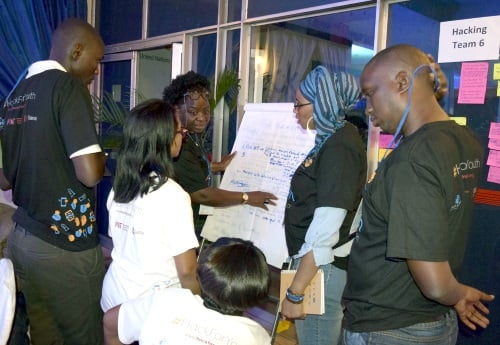 A team hard at work developing their app. Eighty participants from more than 20 countries took part in seven teams. © UNFPA Uganda |
The hackathon – an event where developers intensively collaborate on technology projects – paired students and youth leaders with technology experts and UN staff for a three-day coding spree starting on 21 July.
Called ‘HackForYouth’, the competition divided 80 participants from over 20 countries into seven teams. Together, they developed a wide assortment of mobile products, each offering a creative solution to a different reproductive health problem.
One app aimed to improve the reporting of sexual harassment; another was designed to reach rural first-time mothers with maternal health information. Still another aimed to address young people’s concerns about maintaining privacy while accessing sexual and reproductive health care.
“It was an opportunity for me to be a mouthpiece for voiceless African girls," said Rachel Monica Achen, one of the young participants.
Diverse teams creating diverse solutions
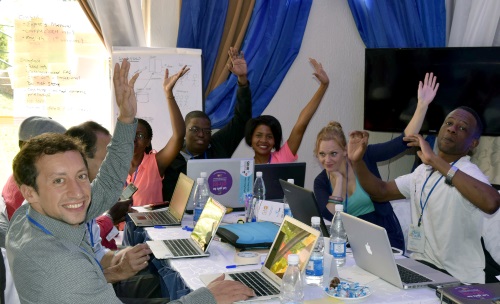 The young participants included students, engineers and youth advocates from around the globe. Their skills and experiences were complemented by their teammates, including health experts, NGO representatives, UN staff and technical experts. © UNFPA Uganda
|
The hackathon, sponsored by UNFPA’s Innovation Fund, was guided by Kenneth Paik, a research scientist and health-care technology expert from the Massachusetts Institute of Technology (MIT), and by sexual and reproductive health experts from UNFPA.
The young participants included students, engineers and youth advocates from around the globe. Their skills and experiences were complemented by those of their teammates, who included health experts, NGO representatives, UN staff and technical experts.
“I met new people who worked with young people all over the world, and we shared experiences. That inspired us,” said Hope, whose team developed a mobile phone game raising awareness of the harms caused by child marriage.
“Part of the solution”
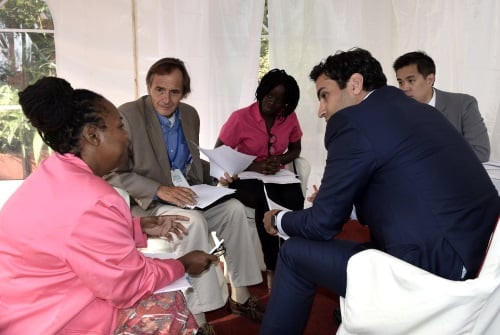 The judges deliberate on the last day of the Hackathon: (from left) Dr. Dorothy Okello, Director of the Women of Uganda Network and First Digital Woman of the Year; Bruce Campbell, global coordinator of UNFPA's Data for Development Platform; citizen journalist and blogger Maureen Agena; the UN Secretary-General's Envoy on Youth Ahmad Alhendawi; and MIT research scientist and health technology expert Kenneth Paik. © UNFPA Uganda |
After two days of relentless designing, coding and occasional joking, the seven groups presented their prototypes to a panel of five judges – including Ahmad Alhendawi, the United Nations Secretary-General’s Envoy on Youth. The projects were graded on ease-of-use, market strategy and potential impact on young people’s lives.
The winner was a quiz app called TriGivia, which dispels myths and provides accurate information about sexual and reproductive health. By playing the game, users earn points redeemable for free mobile airtime.
"It has to be fun and not too complex. That was my take-home from the three-day experience,” said Athibert Atukunda, a young developer from the winning team.
All the teams have been invited to further refine their prototypes, which can be submitted to the UNFPA Innovation Fund. The submissions will be evaluated by UNFPA and MIT for potential funding, testing and piloting.
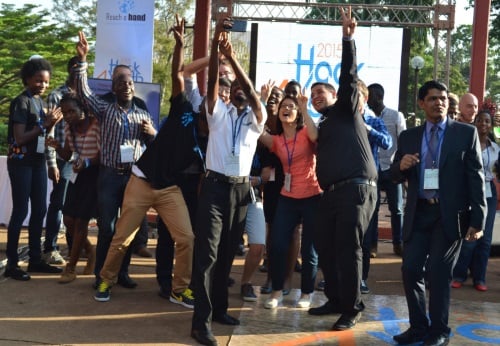 Young people worked with experts and UN staff to develop novel mobile health solutions at the Kampala hackathon. The winning team celebrates with a selfie. © UNFPA Uganda
|
Mr. Alhendawi called on the young people to continue their efforts – not only in developing cutting-edge technology, but also in promoting health, human rights and development.
They know better than anyone the challenges facing youth, from adolescent pregnancy to lack of education and opportunities.
“That is why this hackathon idea is a smart one,” he said. “We need to ‘hack’ teenage pregnancy and get young people on board as part of the solution.”
By Els Dehantschutter

